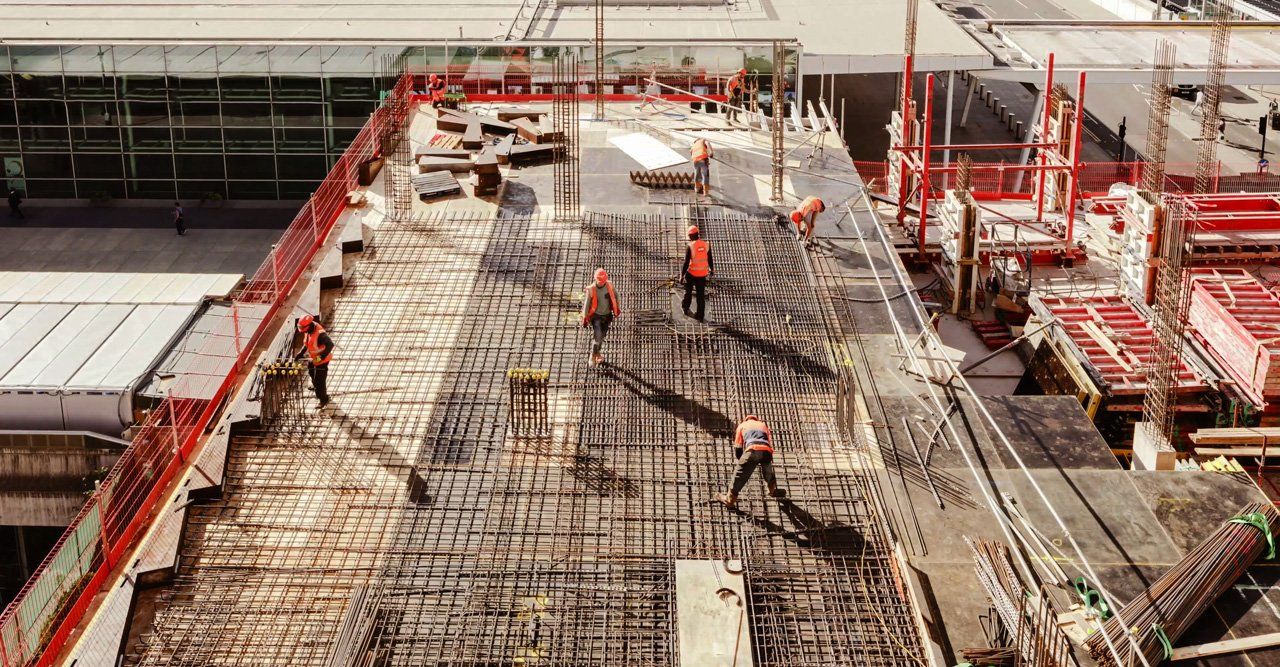Understand California's 3 Classifications Of Contractor Licenses
- By Admin
- •
- 14 Jan, 2021
- •

Whether you plan to start your own contractor's business or
want to join a team of other contractors as an employee, you need to first
obtain a contractor's license. The California Contractors State License Board,
or CSLB, carefully regulates contractors for the safety of consumers. A license
shows customers you possess the right knowledge and that you have insurance in
the event of an accident.
California has three basic classifications of contractor licenses. Before you apply for a license, you need to first understand which classification of license best fits the type of contractor work you plan to engage in. Read on to learn more about these important classifications and their general differences. Then, find out ways to obtain your license.
1. Class A General Engineering License
Employment with a construction or engineering company that works on large engineering projects usually requires a Class A General Engineering License. This classification focuses on fixed works that necessitate specialized engineering knowledge or skills. Examples of typical projects include:
• Cement and concrete work• Dams
• Earth moving such as leveling, excavation, and trenching
• Flood control and water reclamation
• Parks and recreation
• Paving, tunnels, and infrastructure
• Pipelines
A Class A license qualifies you to directly participate in projects centered on public works.
2. Class B General Building Contractor License
You likely need a Class B license if you plan to build or alter structures such as homes, garages, sheds, barns, and basements. These structures are different from those of Class A that involve freeways, airports, plants, or parks. Instead, Class B refers only to structures that enclose or shelter people, animals, and other chattel or property.
Additionally, you need a Class B license to become a general contractor or someone that oversees more than two unrelated trades or crafts during work with any structure. For example, you complete framing, drywall, and paint in a home as well as shingle the roof. In this case, drywall is a separate and unrelated trade from roofing.
Finally, you need a Class B license whether you plan to participate in this type of work yourself or simply oversee and supervise a team of employees that do so.
3. Class C Specialty Contractors License
The Class C Specialty Contractors License is the most common type of license in use because it applies to a wide range of over 60 specialty trades and skills. However, the license is specifically for work within a single trade, craft, or specialty rather than multiple trades. Whether you plan to work for yourself or with others in the same pursuit, you will need a Class C license.
A Class C license covers a broad swath of industries, from asbestos removal to welding. Many applicants apply for a Class C license for popular trades like electrical, HVAC, plumbing, painting, and landscaping.
Obtain a Contractor License
After you determine which classification of contractor license is right for you, you can begin the application process. This process is identical for all three license classifications and relatively simple when you have the right information. You can find information regarding a contractor license with the California Contractors State License Board. Or you can seek help from an experienced professional that assists with contractor licenses.
Part of the application process requires you to take an examination. This enables the CSLB to ensure anyone that receives a license understands basic knowledge in an area of trade. To further protect consumers, the exam also tests your knowledge of law and business that applies to your trade.
Golden State Contractors School can help you prepare for this exam with classes and relevant study materials. We can also assist with many other aspects of the application process for your contractor license. Contact us for help setting you on the path to becoming a contractor.
PAYMENT











